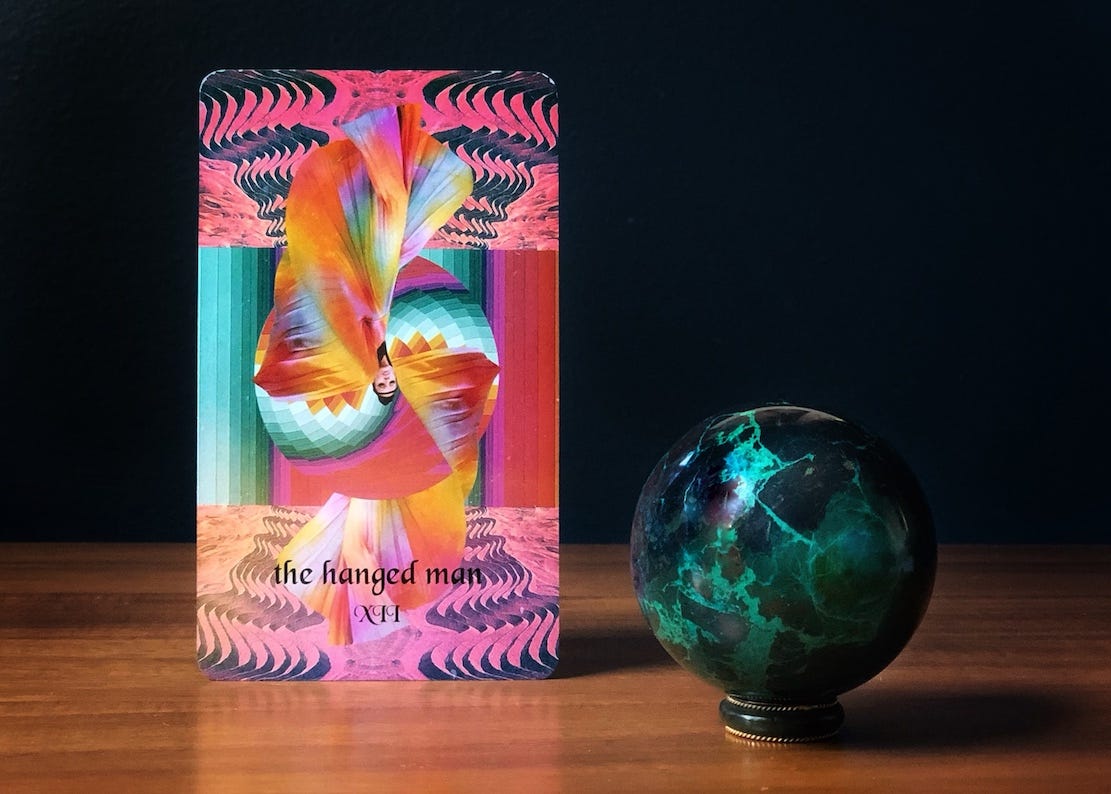When I started running last summer, my partner was quick to profess how much he didn’t share my passion.
“Did you ever notice how when someone’s running, if you look at their face, they always look miserable?”
“They do?”
“It’s like they’re spending the entire time thinking, why am I doing this?”
I did not find this to be universally true, but I was fine with the fact that he thought so. Running was my thing, my personal escape from the stresses of everyday life. I didn’t need anyone to share it, nor understand it.
So I couldn’t have been more surprised when I half-jokingly suggested he register for an upcoming race… and he agreed. “I want to see what you think is so fun about it,” he shrugged. “But I’ll probably hate it.”
In the weeks leading up to the race, I continued training. He ran not at all.
“Are you sure you want to go through with it?” I asked.
He mumbled something about a corporate 5K he’d participated in a decade prior — the only time he’d ever raced — and how he wanted to beat his time.
I nodded, steeling myself for disaster.
The race fell on a particularly hot and humid Sunday, the kind where a voice kept booming over the loudspeaker, reminding everyone to stay hydrated, proceed with caution, and forget about setting a personal record.
We slogged our way through the course, a few thousand feet stampeding in a great loop for the promise of some Gatorade and an apple. As I crossed the finish line, I felt a pang of guilt for recruiting someone on what had no doubt been a miserable experience.
But he had gotten there before me.
“I have to admit, that was kind of fun!” he said, looking curiously upbeat.
And then he signed up for the next one.
Weeks passed.
I ran. He didn’t.
The night before the second race, as I got ready for bed, he began verbally calculating how much he would need to shave off his time to make it into a faster pace group.
“That’s not how this works,” I said, through a mouthful of toothpaste. “You can’t exclusively run races and expect to beat your previous times without training. That’s also a good way to injure yourself.”
But lo and behold, he ran faster.
This trend continued for a few months, and quite a few races, until he eventually found a plateau (and an aggravated IT band).
I share this not as a cautionary tale, but to illustrate a tendency we have as human beings — the expectation to get better. And better and better. Sometimes without knowing why.
As you may have gleaned, there is another side to this story. When my partner started running, I found it, shall we say, supremely irritating.
The rational part of me recognized and appreciated his willingness to try an activity I loved. And I welcomed the company, especially when traveling to races in the pre-dawn hours, or when running after dark.
But on the other hand, my outlet — a place where I never expected to perform in any specific way — had become laden with (self-imposed) pressure. Where I’d once been proud just for showing up, I now felt driven to become better. My quest for improvement began to erode my capacity for enjoyment.
Now that December is upon us, you can practically hear the tens-of-billions-of-dollars-deep “self-improvement” industry gearing up to pounce just in time for the New Year.
But it begs a question. What is “better,” anyway?
In life, there is often a hope that we will progress. We expect to improve — with time, work, experience, or sometimes, for no good reason at all. Working toward a tangible goal can be healthy, even gratifying, lending our days purpose and direction. But pursuing better for better’s sake is about as thankless and fulfilling as a deep dive into TikTok long past bedtime.
Why does talk of self-improvement so often focus on an upgrade, like some living, breathing version of a kitchen remodel? It seems curious when bettering ourselves often means changing in deeper, subtler ways, some of which we never saw coming. Some of which others will never see.
I’d like to believe that I’m always improving, if only in my willingness to embrace new experiences and admit how much I don’t yet know. But here’s a hot take: Maybe we don’t need to be better! And maybe, in some way we haven’t yet acknowledged, we already are.
To wit, we’re both planning to run a 5K next weekend.
I am unabashedly aiming to slash my previous time. (And also, mostly, to have fun.)
My partner, meanwhile, says his only goal is to run comfortably and without injury. “I’m not concerned with my pace!” he tells me. “I’m going to warm up and do my dynamic stretches. And take it easy.”
I’d say he’s a better runner already.
Card of the Week
Here is this week’s card for the collective, as well as some thoughts to carry into the days ahead. As most modern readers will tell you, the tarot is not about fortunetelling, nor is it about neat, definitive answers. The cards are simply one path to reflection, a way of better knowing ourselves and others through universal themes. If this reading resonates with you, great! And if not, no worries. Take whatever may be helpful and leave the rest.

“The course of true love never did run smooth,” says Lysander to Hermia, in A Midsummer Night’s Dream. The Hanged Man (also called The Hanged One or The Hanged Being) knows this is true — not only of true love, but of nearly every pursuit in life.
It’s encountering a delay. A detour. An unexpected hurdle.
It’s feeling stuck in a holding pattern.
It’s waiting for a text, an offer, an invitation.
It’s a pending decision that isn’t up to you.
No matter how impatient you may feel, no matter how much you may want to take action, it isn’t your turn to make a move. You are left with no choice but to surrender to the uncertainty of the moment.
As irritating and uncomfortable as such times can be, they are an opportunity to learn more about ourselves. If we let them, they are also an opportunity to learn more about the world around us.
The Hanged One is often depicted upside down, suspended by one ankle. As such, they see life from a new, inverted perspective. They love to make the kinds of observations that inspire friends to ask, “Are you high right now?” (They’re not.)
Have you ever had that experience where you learn a new word or fact, and then you suddenly notice it everywhere? You existed for decades without it, and now it’s at every turn.
Or have you ever stopped and examined a word — platypus, for example — and noticed how weird it is? Or how weird most words are. And most creatures, too.
If you look at the world from a certain angle, you notice that everything is a) kind of absurd and b) named/defined/shaped by someone else. (Where “someone else” is often a long-ago person whose values may or may not align with your own.)
We accept a lot as given, when we have the ability to change, disrupt, and redefine.
We take a lot for granted, and by doing so, much wonder escapes us.
This card urges us to assume a new vantage point, to observe our lives from a different point of view. That might mean taking a different route home. It could mean reading a memoir by an author with a different background than ours. It may mean consulting a friend or trusted advisor, to ask if a situation has another angle that you haven’t yet considered.
And just as often, it may mean waiting. Breathing. Listening for the call of our intuition as to what comes next.
No matter where we are, no matter where we wish to go, The Hanged One recognizes that the path is not straight. The train does not always run on the express line. But more than anything, this card reassures us that this is okay.
Progress can sometimes be sneaky. One day, everything feels stuck, mired in inertia, and the next, everything has changed — like when your phone decides to update to a new operating system while you’re asleep.
Everyone is always so focused on the butterfly, its emergence and its wings and its flight. And sure, all of that is magnificent.
But this card tells us that the chrysalis is in need of a rebrand. It’s not some sad, stagnant limbo — it’s where the growth happens. Where magic transpires just beyond our view. Where we find wholeness, again and again. Where we become the fullest version of ourselves.








When you invite a friend to participate in an activity that you enjoy you are, in a sense, inviting the distinct possibility of irritation or even animosity into your life and your relationship with your friend.
Nothing says competition and envy better than someone you know doing better at an activity you’ve always prided yourself upon or enjoyed just for fun.
something just really clicked with me this morning with respect to the Hanged One -- thank you so much.